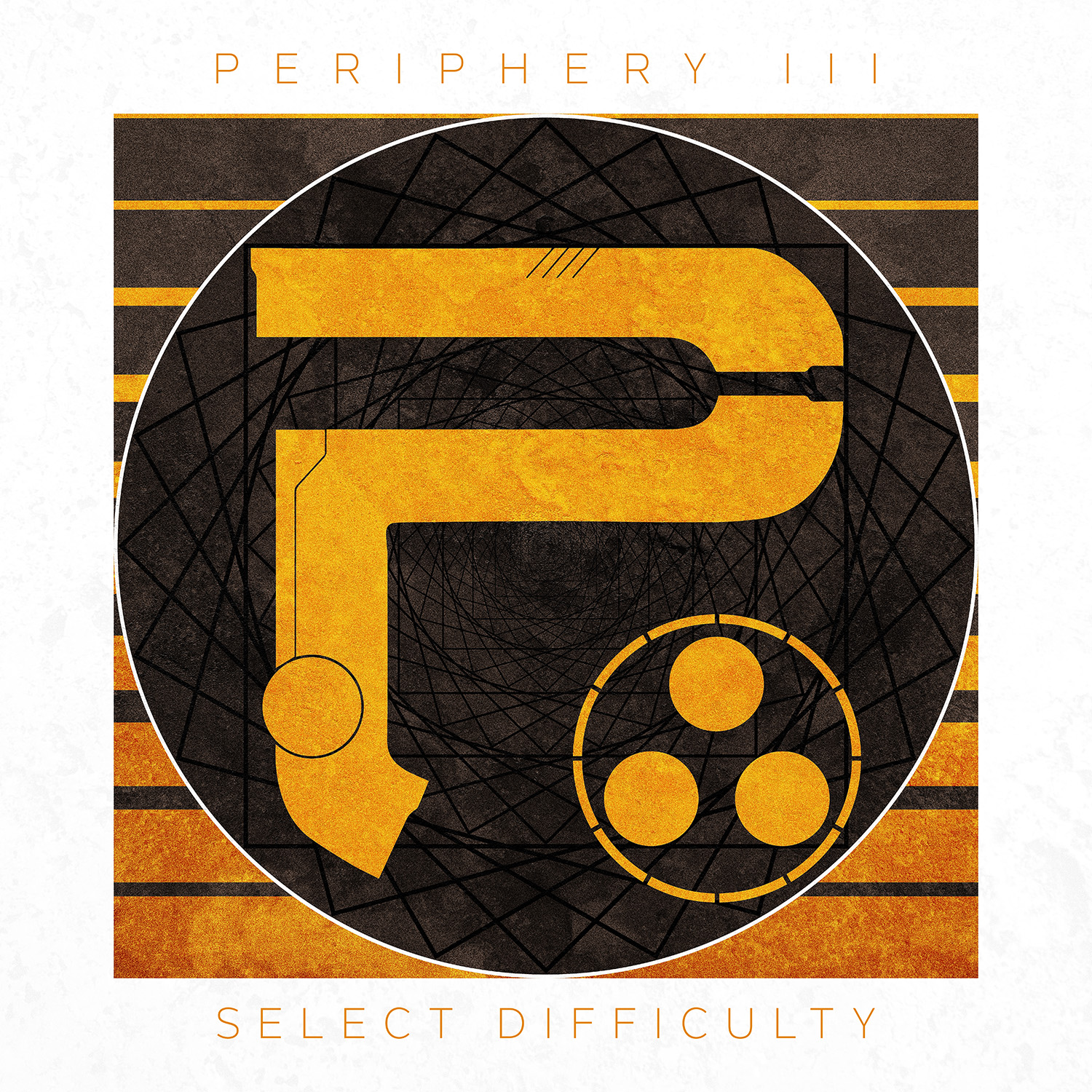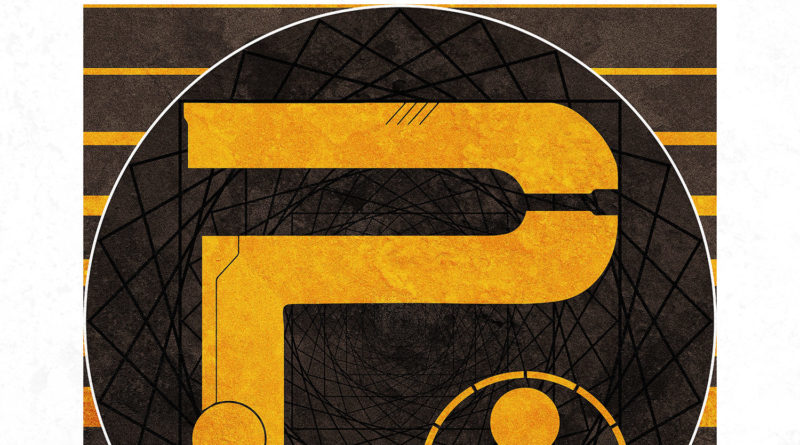ALBUM REVIEW: Periphery III: Select Difficulty – Periphery
There are inherent dangers to landmark projects. Dangers of disappointments, of delayed deadlines and drifting audiences. At the end of a vast uphill climb to completion, it can often be the simple act of overselling that ultimately dooms something so lovingly forged to failure. But bizarrely enough, perhaps the greatest perils of landmark projects lie in the months and years that follow the finish line. It is a question that plagues artists of all media – a confusing conundrum of convoluted logic and abstract thought. After the completion of a great process, – of a masterful sculpture hewn from marble, of the final chapter in a grand epic – after a life’s work is complete and laid upon the public eye, what does one do? What if one were to create a work of art that exceeded all expectations, that went beyond the norm, only to discover that it would shine too bright, casting an earie hue of bias over all future work? What if one set the bar too high, only to find that it simply could not be reached again?
Such questions could well be laughed at, seen as cynical daydreaming by those aspiring to greater things. The concept of setting a standard of worrying heights, only to discover that all future efforts would be held to such a standard seems like a philosophic poet’s crippling recurring nightmare. But to some, such questions are a taxing reality. How will J.K. Rowling ever be able to release a new novel for the simple pleasure of it, without a certain bespectacled magus being hauled out for a comparison of merit? What, ultimately, is the cost of releasing something too good?
The aforementioned is a quandary that certainly must have dawned on PERIPHERY in the elated aftermath of the early 2015 release of the long awaited double album Juggernaut. The album was met with near universal praise, and set an incredibly high standard for the band and the progressive metal genre as a whole. Had it been practically any other band, it would be perfectly natural, perhaps even expected, that it would be a long time before any new music was to be heard. But PERIPHERY are not as other bands. Armed with a plethora of material accrued over the years itching to be laid to record, the band have promptly returned just over a year later with Periphery III: Select Difficulty.
With such a relatively small gap between such a huge release and this most recent self-titled album, it would be reasonable to expect a drop in quality of writing, and many seemed to view the opening single for Select Difficulty, which was also chosen as the opening track, as a confirmation of that slip in stellar writing. However, in typical PERIPHERY style, they perhaps chose the wrong single to represent their efforts, as it is not at all indicative of the rest of the album.
Select Difficulty covers an immensely versatile sound and musical palette, from the soaring choruses of Marigold and Catch Fire to the disparaging opening grooves of Flatline, showcasing all six member’s writing styles and techniques in just over an hour of calculated brilliance. The album continues PERIPHERY’s consistent theme of stark contrast between beauty and horror, bouncing between swirling melodies and crushingly heavy downtuned riffing with all the ease and natural fluidity of a djenty game of tennis. Interestingly, despite a return to a more upbeat sound in comparison to the band’s double album, Select Difficulty appears to have adopted a far more neoclassical sound compared to previous material. This is perhaps due in part to Misha Mansoor’s apparent obsession with his orchestral soundbanks, but who could blame him when they sound that good?
Such hallmarks of PERIPHERY’s sound, combined with their impossibly brilliant production skills, make for an incredibly pleasing final product. With a crisp, well-defined drum section, featuring a particularly punchy snare, along with one of the finest collections of guitar tones ever collated, and vocalist Spencer Sotelo’s expansive vocal range, Select Difficulty is quite simply a joy to the ears, and a monument of audio engineering.
While the album does contain a few weak tracks, such as the opening duo, the standard of writing, musicianship, and density of material over the course of the rest of the album is so high as to outshine these slight blemishes. Indeed, it seems that on a technical level, the band has pushed to new plateaus, as evidenced in sections such as the finger shattering solo on Absolomb.
There are few bands that would have the propensity to offer new material so soon after such a huge release, and fewer still that could live up to such high expectations. PERIPHERY achieve both of these objectives with apparent ease, and have in the process answered a few of the music industry’s more esoteric and obtuse thought experiments. After setting a standard up in the zenith of merit, perhaps one doesn’t have to exceed that boundary again. Perhaps all one has to offer is something wildly different – something that flows onwards in natural fluidity, while opening bearing a new direction and a new atmosphere. It seems not every landmark needs to be exceeded.
Rating: 8/10

Periphery III: Select Difficulty is out now via Century Media Records.
Like PERIPHERY on Facebook.

